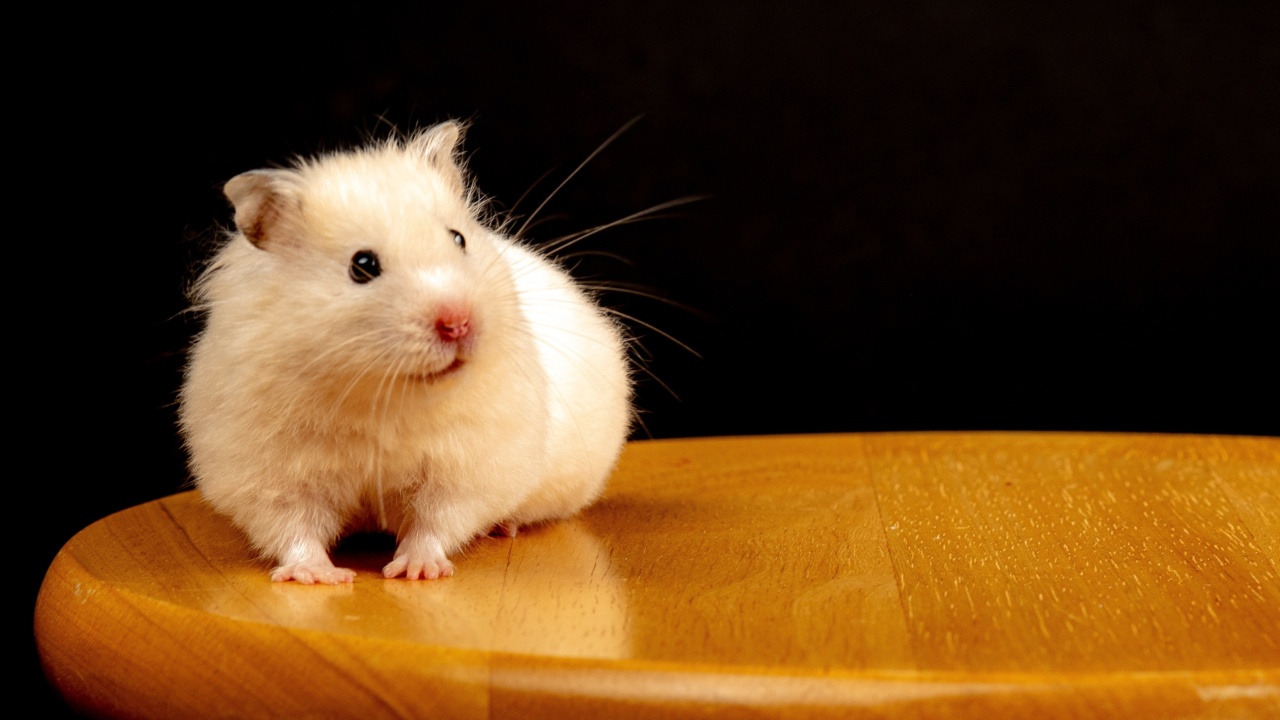Pregnancy is an exciting journey for many women, but it also requires a lot of careful planning and decision-making to ensure the health and safety of both the mother and the unborn child.
One question that often comes to mind for pet owners during pregnancy is whether it is safe to keep their furry friends. Hamsters are a popular choice for pets, but is it okay to have a pet hamster while pregnant? In this article, we discuss the risks and benefits of owning a hamster during pregnancy and provide some tips for keeping both the mother and the pet safe.
1. Understanding the Risks
While many pet owners adore their hamsters and consider them part of the family, it is important to recognize that these cute critters can sometimes carry diseases that can be harmful to pregnant women and their unborn babies.
The main risks associated with pet hamsters during pregnancy include:.
2. Lymphocytic Choriomeningitis (LCM)
LCM is a viral disease that is commonly found in pet rodents such as hamsters and mice. The virus is transmitted through direct contact with infected urine, feces, saliva, or blood.
Pregnant women who contract LCM may experience flu-like symptoms such as fever, headache, muscle aches, and nausea. In rare cases, the virus can also lead to miscarriage, stillbirth, or birth defects.
3. Salmonella
Salmonella is a bacterium that can be found in the feces of infected animals.
Pregnant women who come into contact with contaminated objects or surfaces and then touch their faces or mouths may contract salmonella, which can cause diarrhea, fever, and abdominal cramps. In severe cases, the infection can spread to the bloodstream and lead to serious complications such as meningitis and sepsis.
4. Allergies
Some pregnant women may develop allergies to their pet hamsters, which can cause symptoms such as sneezing, coughing, and itchy eyes. Allergic reactions can also trigger asthma symptoms, which can be especially dangerous during pregnancy.
5. Stress
Pregnancy is a stressful time for many women, and owning a pet hamster can sometimes add to that stress.
Hamsters require regular feeding, cleaning, and handling, which can be challenging for pregnant women who are experiencing fatigue, nausea, and other common symptoms of pregnancy. Furthermore, some pregnant women may worry about the safety of their hamsters around young children or other pets, which can also contribute to stress.
6. Benefits of Owning a Hamster During Pregnancy
While there are some risks associated with owning a pet hamster during pregnancy, there are also many potential benefits.
Hamsters are small, low-maintenance pets that can provide companionship and entertainment during a time when pregnant women may feel isolated or anxious. Watching a hamster play in its cage or holding it for a few minutes can help reduce stress and improve mood.
Furthermore, some pregnant women may find that taking care of their hamster gives them a sense of purpose and responsibility that helps prepare them for motherhood.
7. Tips for Keeping Safe
If you decide to keep your pet hamster during pregnancy, there are several steps you can take to reduce the risk of infection and other complications:.
8. Cleanliness
Keeping your hamster’s cage clean is essential for preventing the spread of disease. Make sure to use gloves and a mask when cleaning so that you don’t inhale any harmful particles.
Wash your hands thoroughly with soap and water before and after handling your hamster, its food or its cage.
9. Hygiene
Practice good hygiene as well, such as avoiding contact with your hamster’s feces and urine, changing its litter regularly and handling your hamster in a way that minimizes the risk of bites.
You should also avoid feeding your hamster perishable food items that are past their expiration date.
10. Choose a Healthy Hamster
When selecting a new hamster, choose one that appears healthy with no signs of illness, such as lethargy or runny nose and eyes.
Ask your veterinarian to check your pet and perform any necessary tests to ensure that your hamster is not carrying any diseases.
11. Consult with Your Doctor
A pregnant woman should always consult with her doctor before making any major changes, such as acquiring a new pet. Your doctor can help you weigh the risks and benefits of owning a hamster based on your health history and other factors.
If your doctor advises against owning a hamster, you may want to consider other domestic animals, such as fish.
Conclusion
Owning a pet hamster during pregnancy can be a wonderful experience for both the mother and the pet, as long as proper precautions are taken to prevent the spread of disease.
If you follow the tips outlined in this article and consult with your doctor, you can minimize the risks and maximize the benefits of owning a hamster during pregnancy.




























